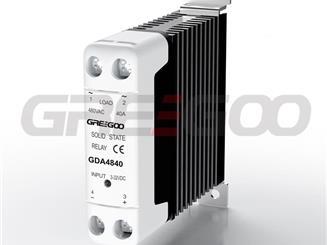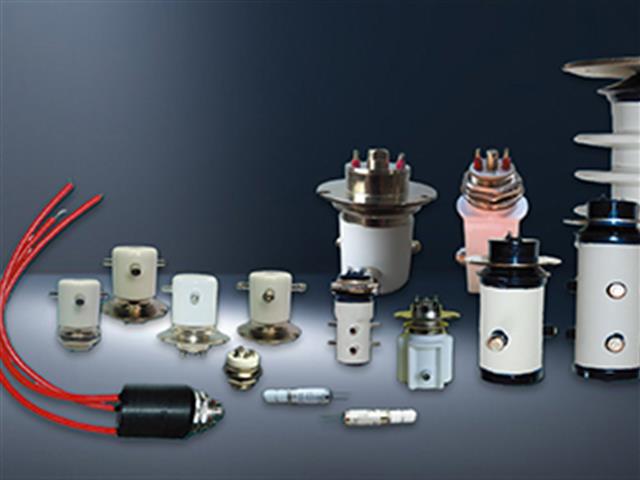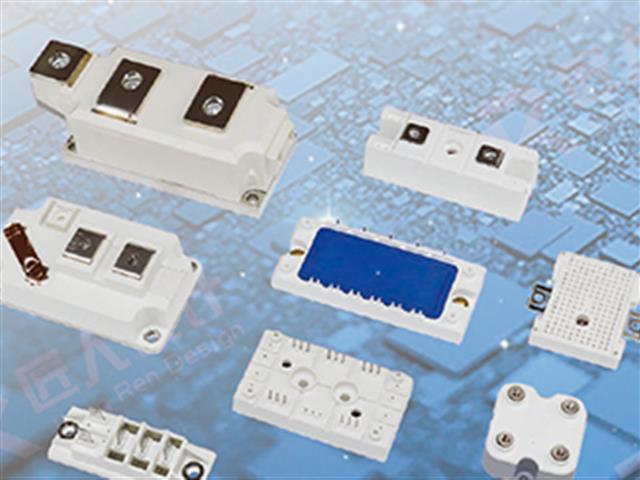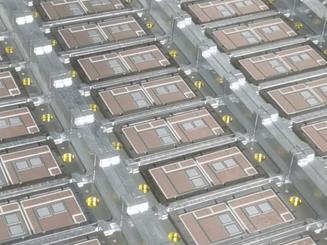DC solid state relay and DC contactor, which one is better?
DC Solid State Relays (DC SSR) and DC contactors are both switching devices used to control circuits, but they have significant differences in working principles, performance and application scenarios:
-
Working Principle:
- DC Solid State Relay (DC SSR): Uses semiconductor devices (such as thyristors, transistors, MOSFETs or IGBT) to achieve circuit switching. It has no mechanical moving parts.
- DC Contactor: Controls the circuit by driving mechanical contacts to open or close through an electromagnetic coil.
-
Performance:
- DC SSR:
- No Mechanical Wear: Due to the absence of mechanical parts, DC SSRs generally have a longer lifespan.
- Fast Response: Capable of switching circuits within milliseconds.
- Noise-Free: Operates silently as there is no mechanical action.
- Low Power Consumption: Requires less power for the control circuit.
- DC Contactor:
- Mechanical Wear: The lifespan may be limited by the wear of contacts due to mechanical movement.
- Slower Response: Compared to SSRs, contactors have a slower response time.
- Noise: Produces mechanical noise when switching.
- Higher Power Consumption: The electromagnetic coil requires more power to maintain contact closure.

- DC SSR:
-
Application Scenarios:
- DC SSR: Suitable for situations requiring fast switching, noise-free operation, and high-frequency switching, such as precision electronic equipment and automation control systems.
- DC Contactor: Suitable for handling high current and high voltage situations, such as electric vehicles and industrial motor control.
-
Cost:
- DC SSR: Generally more expensive than DC contactors, especially in high-current applications.
- DC Contactor: Typically lower cost, suitable for budget-constrained applications.
In summary, the choice between these devices depends on specific application requirements, including current and voltage demands, switching frequency, noise sensitivity, and budget considerations.

How to choose a suitable Solid State Relays
Single phase or three phase, nominal voltage and current, potential surge or inrush current, AC or DC load, control signal, zero crossing type or random control ssr etc.
Read More
Gas-Filled Relays vs. Vacuum Relays: A Comparison and Application in High Voltage Switching Technology
the difference between gas filled relay and vacuum relay
Read More
The Crucial Role of IGBT Modules in Power Electronics and Their Expanding Applications
The Key Role of IGBT Modules in Power Electronics and Modern Applications
Read More
Sintering process in the chip of solid-state relays is of significant importance.
The use of sintering process in the chip of solid-state relays is of significant importance, primarily for the following reasons
Read More













